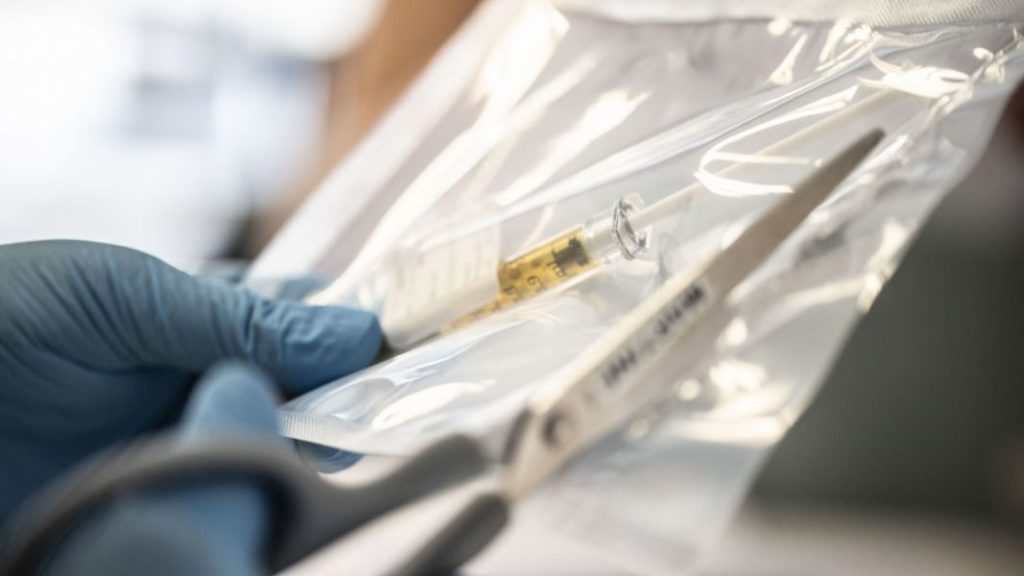The coronavirus vaccine being jointly developed by AstraZeneca and researchers at Oxford University provides "a strong immune response," a new study shows.
A team of researchers at Bristol University examined the vaccine's response upon entering the human body and said that it accurately follows the necessary genetic instructions.
"We are able to confirm that the genetic instructions underpinning this vaccine, which is being developed fast as safely as possible, are correctly followed when they get into a human cell," lead researcher David Matthews told British media.
Related News
- 50% of Belgians not in favour of Covid-19 vaccine, survey shows
- Japan to offer Covid-19 vaccine for free
- EU concludes third Covid-19 vaccine deal
Matthews said that the study was the first one so far who had been able to provide clear answers and show that the candidate vaccine "is doing everything we expected," hailing the results as "good news in our fight against the illness."
Sarah Gilbert, a leading researcher involved in the clinical trials, said that the study showed that the vaccine candidate was able to reproduce large amounts of the "spike protein" characteristic of the coronavirus with "great accuracy."
"This goes a long way to explaining the success of the vaccine in inducing a strong immune response," she added, since the vaccine aimed to train the body to recognise and fight the virus upon real contamination.
The findings of the Bristol University study have not yet been peer-reviewed and have been shared prior to publication in a scientific journal, the researchers said.
The candidate vaccine is currently going through final, Phase-3 clinical trials and millions of doses have already been secured by the EU and other national governments.
Through the EU's deal with pharma giant AstraZeneca —one of three clinched by the bloc— Belgium is set to receive some 3 million doses of the candidate shot, pending its regulatory approval, which officials have said could begin being delivered in the spring.
In early September, the vaccine trials were temporarily halted after a UK participant developed a "serious side effect," but were resumed after evaluation.
Gabriela Galindo
The Brussels Times

